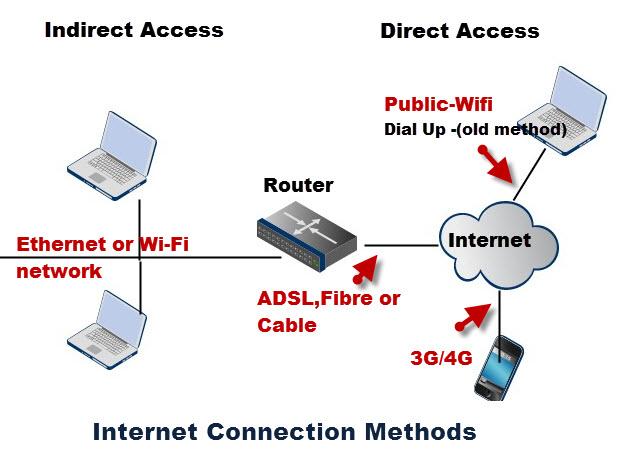Introduction to Internet Access in Nigeria
The digital divide in Nigeria highlights significant disparities in internet access across the country. In recent years, the Nigerian government and various organizations have recognized the importance of internet connectivity as a means for economic growth and social development. The desire for a more interconnected society is driving initiatives that aim to improve the overall landscape of internet access.
Current State of Internet Connectivity
As of 2023, approximately 50% of Nigeria’s population has internet access, reflecting a mix of urban and rural disparities. While major cities like Lagos and Abuja enjoy relatively high connectivity, rural areas struggle with infrastructure limitations. This uneven distribution has spurred debates on how to enhance connectivity in underserved regions.
Government Initiatives
The Nigerian government has launched several initiatives to promote internet accessibility. Programs developed under the National Broadband Plan aim to increase internet penetration to 70% by 2025. Despite these ambitious goals, implementation challenges such as funding and regulatory hurdles remain prevalent.
Private Sector Contributions
Telecommunications companies are also playing a crucial role in expanding internet access in Nigeria. Major providers are investing in infrastructure to reach more users, particularly in rural areas. These investments are essential for reducing the digital gap and promoting inclusive growth.
Challenges to Internet Access
Despite progress, several challenges continue to hinder universal internet access. Issues such as high costs of connectivity, unreliable power supply, and inadequate infrastructure are common barriers. Addressing these challenges is crucial for fostering a conducive environment for digital transformation.
Impact of Socioeconomic Factors
The socioeconomic landscape significantly influences internet adoption rates in Nigeria. Higher levels of education and income generally correlate with increased internet usage. This connection highlights the need for targeted policies that address educational and economic inequalities.
The Future of Internet Access in Nigeria
Looking forward, the future of internet access in Nigeria appears promising yet remains complex. Continued collaboration between the government, private sector, and civil society is necessary to enhance connectivity. For more insights on the evolving landscape of internet access in Nigeria, consider exploring the detailed analysis available at Borgen Project.

